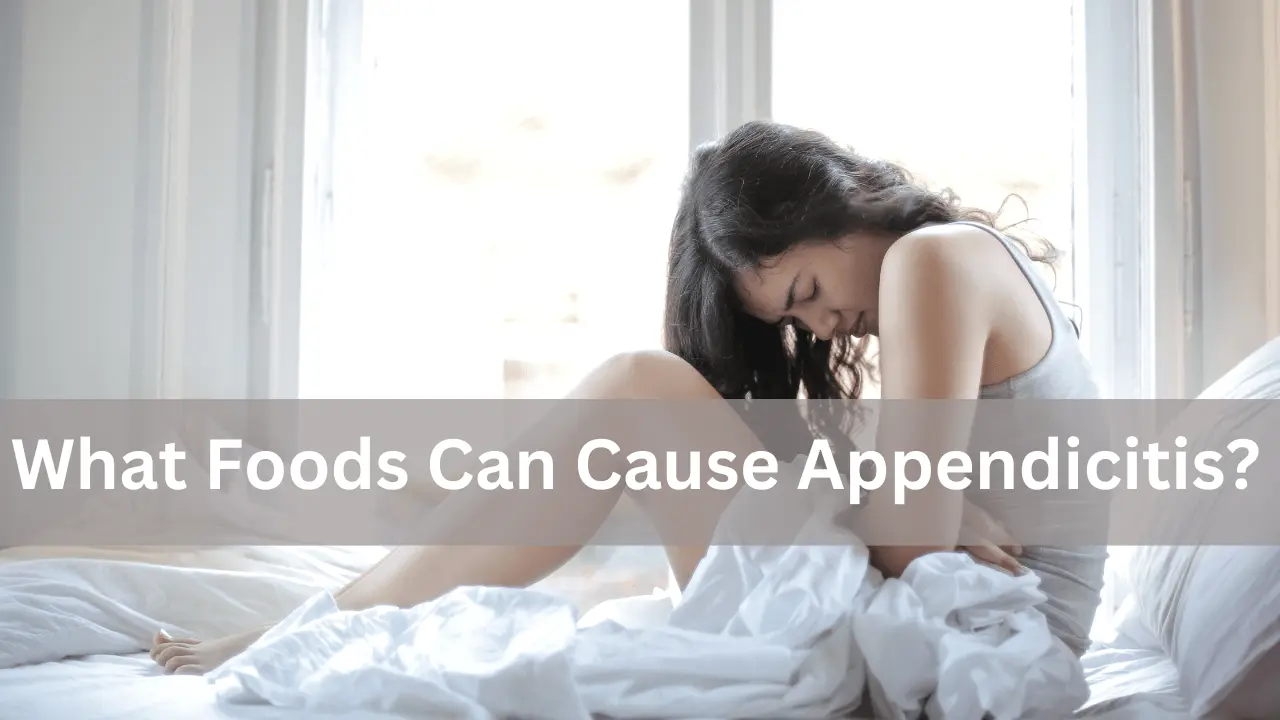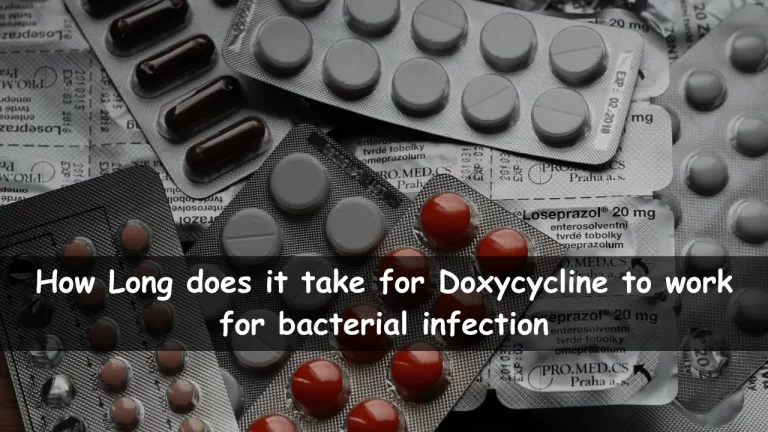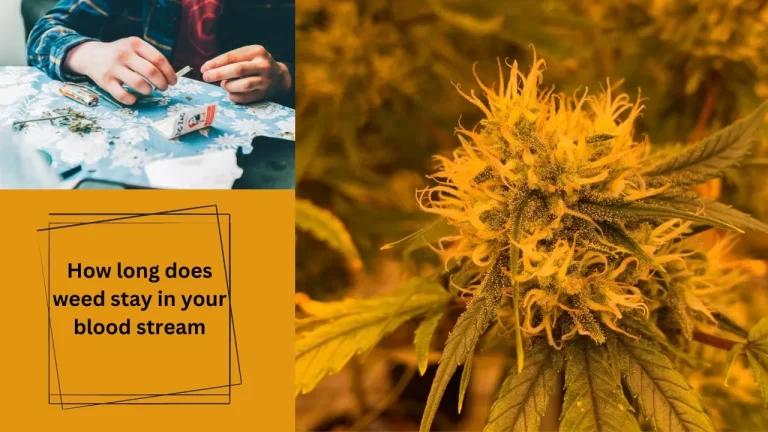What Food Can Cause Appendicitis? – Tech Stand Blog
Appendicitis is a painful condition that can cause severe abdominal pain, nausea, vomiting, and fever. While the exact cause of appendicitis is still not fully understood, there are several factors that are believed to increase the risk of developing this condition, including genetics, infections, and certain lifestyle factors. One common question that many people have is what food can cause appendicitis. In this article, we will explore this topic in more detail and provide you with the latest scientific information on the relationship between food and appendicitis.
What is Appendicitis?
Appendicitis is a medical condition that occurs when the appendix, a small pouch-like structure attached to the large intestine, becomes inflamed and infected. It is a painful condition that can cause severe abdominal pain, nausea, vomiting, and fever. The appendix is a narrow, finger-shaped organ located in the lower right side of the abdomen, and while its exact function is not fully understood, it is believed to play a role in the immune system.
What are the Symptoms of Appendicitis?
The symptoms of appendicitis can vary from person to person, but some of the most common ones include:
- Abdominal pain: The most common symptom of appendicitis is abdominal pain. The pain usually starts near the navel and then moves to the lower right side of the abdomen.
- Loss of appetite: A person with appendicitis may experience a loss of appetite.
- Nausea and vomiting: Appendicitis can cause nausea and vomiting.
- Fever: A low-grade fever may be present with appendicitis.
- Constipation or diarrhea: Some people with appendicitis may experience constipation or diarrhea.
- Inability to pass gas: Appendicitis can cause a person to be unable to pass gas.
- Abdominal swelling: The abdomen may become swollen and tender to the touch.
- Painful urination: Some people with appendicitis may experience pain when urinating.
What Food Can Cause Appendicitis?
There is no specific type of food that is known to cause appendicitis. The exact cause of appendicitis is still not fully understood, but it is believed to be related to a blockage in the appendix that can lead to inflammation and infection. This blockage can occur due to a variety of factors, such as the buildup of mucus or fecal matter, enlarged lymphoid follicles, or a foreign body.
While certain dietary habits, such as a low-fibre diet, have been associated with an increased risk of developing appendicitis, there is no direct evidence linking any particular food to the condition. However, it is important to maintain a healthy and balanced diet to promote overall digestive health and reduce the risk of developing other gastrointestinal conditions. Additionally, it is recommended to avoid foods that may aggravate the symptoms of appendicitis, such as spicy or greasy foods, until the condition has been properly diagnosed and treated by a medical professional.
What are the 5 most common causes of appendicitis?
The exact cause of appendicitis is still not fully understood, but there are several factors that are believed to increase the risk of developing this condition. Here are some of the most common causes of appendicitis:
1. Blockage
A blockage in the appendix, usually caused by hardened fecal matter or a foreign object, can lead to inflammation and infection.
2. Enlarged lymphoid follicles
The appendix contains lymphoid tissue, which helps fight infection. Sometimes, these lymphoid follicles can become enlarged and block the appendix, leading to inflammation.
3. Infection
An infection in the gastrointestinal tract or elsewhere in the body can spread to the appendix and cause inflammation.
4. Genetics
Some studies have suggested that there may be a genetic component to appendicitis, with certain individuals being more susceptible to the condition than others.
5. Age
Appendicitis is most common in people between the ages of 10 and 30, although it can occur at any age. It is relatively rare in children under the age of 2.
Food for appendix patients
If you have been diagnosed with appendicitis, it is important to follow your doctor’s advice on diet and nutrition. In general, it is recommended to avoid solid foods until your symptoms have subsided, as eating solid foods can increase the risk of complications such as bowel obstruction. Instead, a clear liquid diet is often recommended for the first few days after diagnosis. This may include:
- Water
- Broth
- Apple juice
- Ginger ale
- Herbal tea
- Popsicles
As your symptoms improve, you can gradually start adding solid foods back into your diet. It is important to choose foods that are easy to digest and low in fibre, such as:
- Cooked or canned vegetables (avoid raw vegetables)
- White rice or pasta
- Lean protein sources such as chicken, fish, or tofu
- Low-fat dairy products
- Toast or crackers
What fruits prevent appendicitis?
Some fruits that may be particularly beneficial for digestive health include:
- Apples: Apples are a good source of fibre, which can help promote regular bowel movements and prevent constipation.
- Berries: Berries such as raspberries, blueberries, and strawberries are high in antioxidants, which can help protect the body against inflammation and infection.
- Citrus fruits: Citrus fruits such as oranges, lemons, and grapefruits are high in vitamin C, which can help boost the immune system and protect against infection.
- Kiwi: Kiwis are high in fibre and contain an enzyme called actinidin, which can help break down protein and improve digestion.
- Pineapple: Pineapple contains an enzyme called bromelain, which can help reduce inflammation and improve digestion.
Conclusion
Comprehending what food can cause appendicitis is mandatory for maintaining our total health and well-being. While the actual reasons of appendicitis are still not wholly recognized, it is clear that particular dietary needs can play a part in its development. High-fiber diets, full of fruits, vegetables, and whole grains, appear to diminish the chance of appendicitis by advancing healthy digestion and averting stoppage in the appendix. On the flip side, diets high in processed foods, low in fiber, and lacking in compulsory nutrients may support a higher threat of this painful condition.
Frequently Asked Questions
Q1: What is the recovery time for appendicitis surgery?
Ans: Recovery time varies, but most people can return to normal activities within 2-4 weeks after surgery.
Q2: Can antibiotics treat appendicitis?
Ans: In some cases, antibiotics can be used to treat mild cases of appendicitis, but surgery is typically required for full treatment.
Q3: Can appendicitis resolve on its own?
Ans: No, appendicitis cannot resolve on its own and requires medical intervention.
Q4: What tests are used to diagnose appendicitis?
Ans: Tests used to diagnose appendicitis include physical examination, blood tests, urine tests, and imaging tests such as CT scan or ultrasound.
Q5: Is appendicitis a common condition?
Ans: Yes, appendicitis is a relatively common condition and affects around 1 in 15 people at some point in their life.







